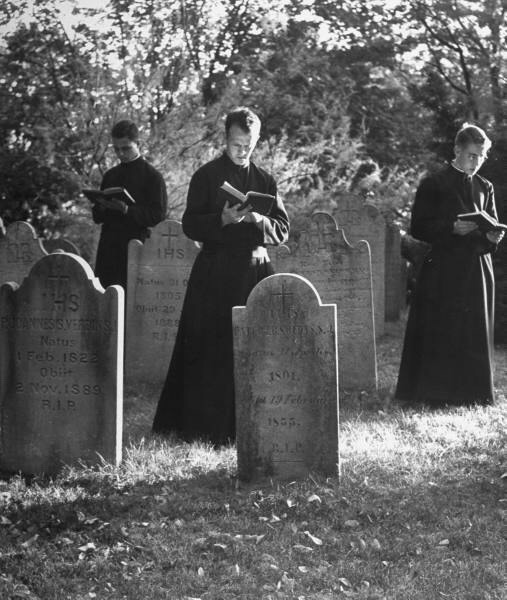Say to God, “How awesome are your deeds! Because of your great power, your enemies cringe before you.
All the earth worships you; they sing praises to you, sing praises to your Name.”
⁌Ps 66:1-4⁍
Today, I'm reminded of a beautiful old Stevie Wonder song. Here are the words:
As around the sun the earth knows she's revolving,
and the rosebuds know to bloom in early May,
just as hate knows love's the cure
you can rest your mind assure
that I'll be loving you always.
As now can't reveal the mystery of tomorrow,
but in passing will grow older every day,
just as all that's born is new,
you know what I say is true,
that I'll be loving you always.
Always (until the ocean covers every mountain high),
always (until the dolphin flies and parrots live at sea),
always (until we dream of life and life becomes a dream).
Did you know that true love asks for nothing?
No, her acceptance is the way we pay.
Did you know that life has given love a guarantee
Did you know that life has given love a guarantee
to last through forever and another day?
Just as time knew to move on since the beginning
and the seasons know exactly when to change
just as kindness knows no shame,
know through all your joy and pain
that I'll be loving you always.
As today I know I'm living,
gut tomorrow could make me the past,
but that I mustn't fear,
for I'll know deep in my mind
the love of me I've left behind,
'cause I'll be loving you always.
Always (until the trees and seas just up and fly away),
always (until the day X eight X eight X eight is four),
always (until the day that is the day that are no more).
Did you know you're loved by somebody
(until the day the earth starts turning right to left)?
Always (until the earth just for the sun denies itself).
I'll be lovin' you forever
(until dear mother nature says her work is through),
Always (until the earth just for the sun denies itself).
I'll be lovin' you forever
(until dear mother nature says her work is through),
always (until the day that you are me and I am you),
always (until the rainbow burns the stars out in the sky,
until the ocean severs every mountain high),
always.
We all know sometimes life's hates and troubles
can make you wish you were born in another time and space.
But you can bet your lifetimes that and twice it's double
But you can bet your lifetimes that and twice it's double
that God knew exactly where he wanted you to be placed.
So make sure when you say you're in it, but not of it,
So make sure when you say you're in it, but not of it,
you're not helping to make this earth
a place sometimes called hell.
Change your words into truths,
Change your words into truths,
and then change that truth into love,
and maybe our children's grandchildren
and their great grandchildren will tell
I'll be loving you until the rainbow burns the stars out in the sky.
I'll be loving you until the rainbow burns the stars out in the sky.
⁌Stevie Wonder, As ©1976 Songs in the Key of Life⁍
Help me, understand the immensity and eternity of your love, O God, and make my heart desire to fit its praise to who you are, what you've done, and what you're doing. Amen.

































